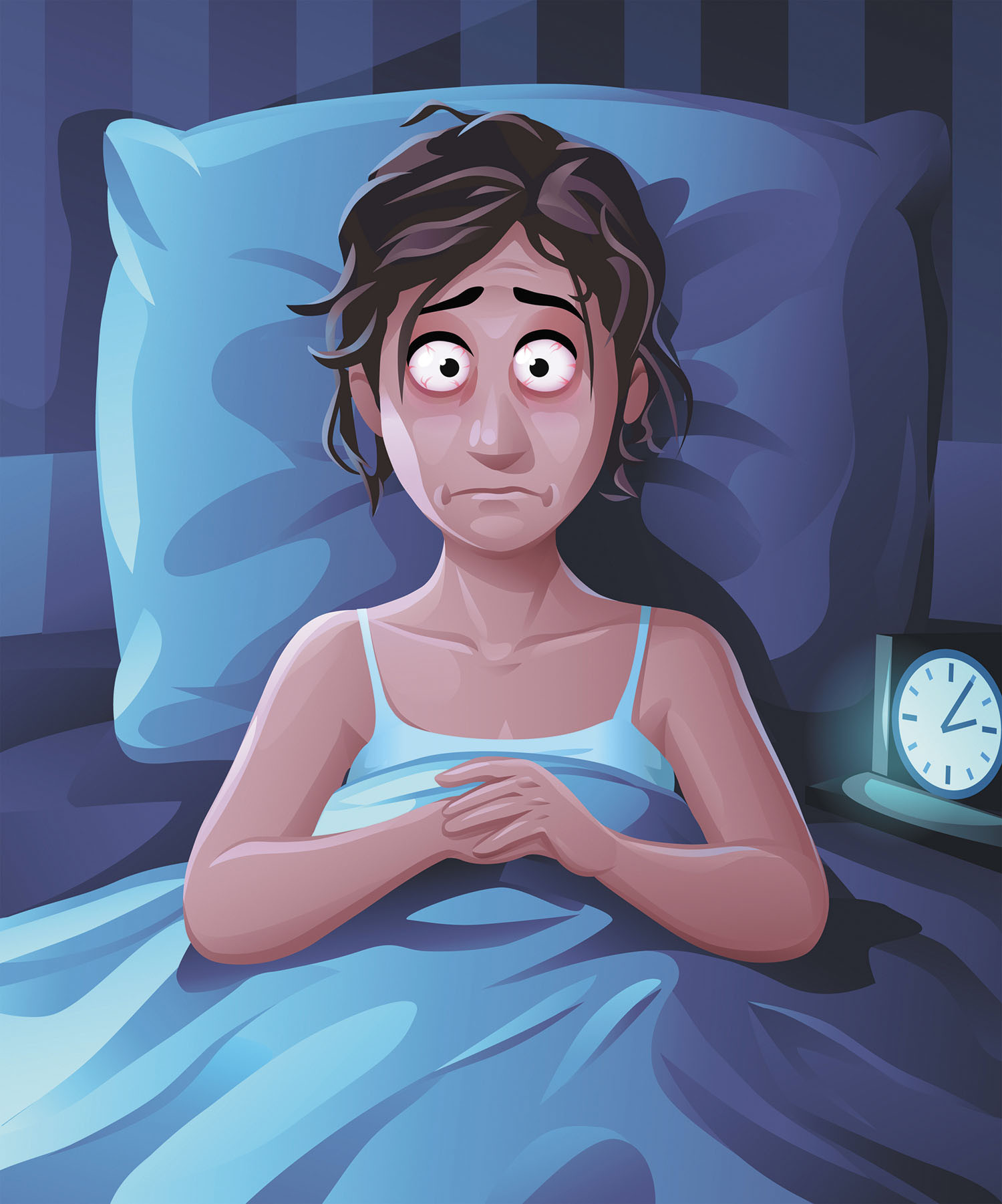Caffeine, a stimulant found in coffee, tea, soda, and various other beverages and foods, is deeply ingrained in many cultures worldwide. Its ability to enhance alertness and combat fatigue makes it a popular choice for boosting productivity and staying awake. However, the widespread consumption of caffeine raises significant questions about its impact on sleep, particularly concerning insomnia and sleep disorders.
What is Insomnia?
Insomnia is a sleep disorder characterized by difficulty falling asleep, staying asleep, or experiencing non-restorative sleep despite adequate opportunity for sleep. It can be acute, lasting for a short period, or chronic, persisting for months or even years. Insomnia affects a significant portion of the population and can have profound effects on daily functioning and overall health.
Understanding Caffeine
Caffeine acts as a central nervous system stimulant by blocking the effects of adenosine, a neurotransmitter that promotes sleepiness. By doing so, caffeine increases alertness, reduces fatigue, and enhances cognitive function. It achieves these effects by stimulating the release of adrenaline and dopamine, further contributing to its stimulating properties.
How Caffeine Affects Sleep
While the stimulating effects of caffeine can be beneficial during waking hours, its consumption close to bedtime can interfere with sleep in several ways:
- Delayed Sleep Onset: Consuming caffeine even several hours before bedtime can delay the onset of sleep. The half-life of caffeine, which is about 5-6 hours in most people, means that significant amounts of caffeine can still be active in the body hours after consumption, potentially disrupting the ability to fall asleep.
- Reduced Sleep Quality: Caffeine can also reduce sleep quality by disrupting the natural progression through sleep stages. Studies have shown that caffeine can increase the amount of time spent in lighter stages of sleep and reduce deep sleep, which is crucial for physical restoration and memory consolidation.
- Fragmented Sleep: Individuals sensitive to caffeine may experience sleep fragmentation, characterized by frequent awakenings throughout the night. Even small amounts of caffeine can exacerbate this effect in susceptible individuals, leading to a restless night’s sleep.
Factors Influencing Sensitivity to Caffeine
Not everyone responds to caffeine in the same way. Several factors can influence an individual’s sensitivity to caffeine and its effects on sleep:
- Genetics: Variations in genes that metabolize caffeine can affect how quickly or slowly caffeine is broken down in the body, influencing its impact on sleep.
- Tolerance: Regular consumption of caffeine can lead to tolerance, where higher doses are needed to achieve the same stimulating effects. However, tolerance does not necessarily reduce the disruptive effects of caffeine on sleep.
- Age: Older adults tend to be more sensitive to caffeine’s effects on sleep compared to younger individuals, possibly due to changes in metabolism and sensitivity to stimulants.
Managing Caffeine Consumption for Better Sleep
For individuals struggling with insomnia or sleep disturbances, managing caffeine intake is crucial:
- Limit Consumption: Avoiding caffeine several hours before bedtime can help minimize its sleep-disrupting effects. Opt for decaffeinated beverages or herbal teas in the evening.
- Monitor Intake: Be mindful of hidden sources of caffeine, such as certain medications, energy drinks, and chocolate, which can contribute to overall caffeine intake.
- Establish a Routine: Establishing a consistent sleep schedule and bedtime routine can help regulate sleep patterns and reduce the impact of caffeine on sleep quality.
Conclusion
While caffeine offers many benefits, including increased alertness and improved cognitive function, its consumption close to bedtime can interfere with sleep onset, quality, and maintenance. Understanding individual sensitivity to caffeine and adopting strategies to limit consumption during evening hours can help mitigate its negative effects on sleep. By prioritizing good sleep hygiene and making informed choices about caffeine intake, individuals can better manage insomnia and promote healthier sleep patterns.













